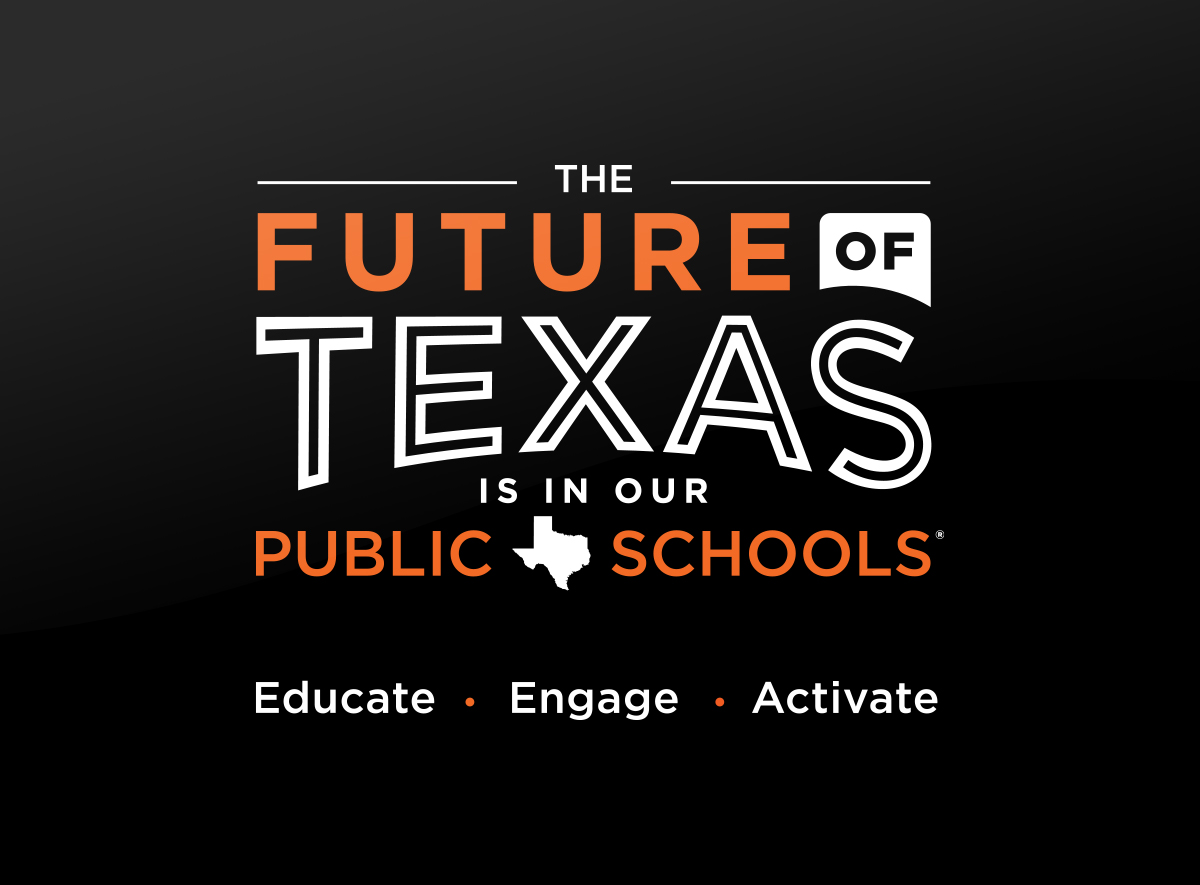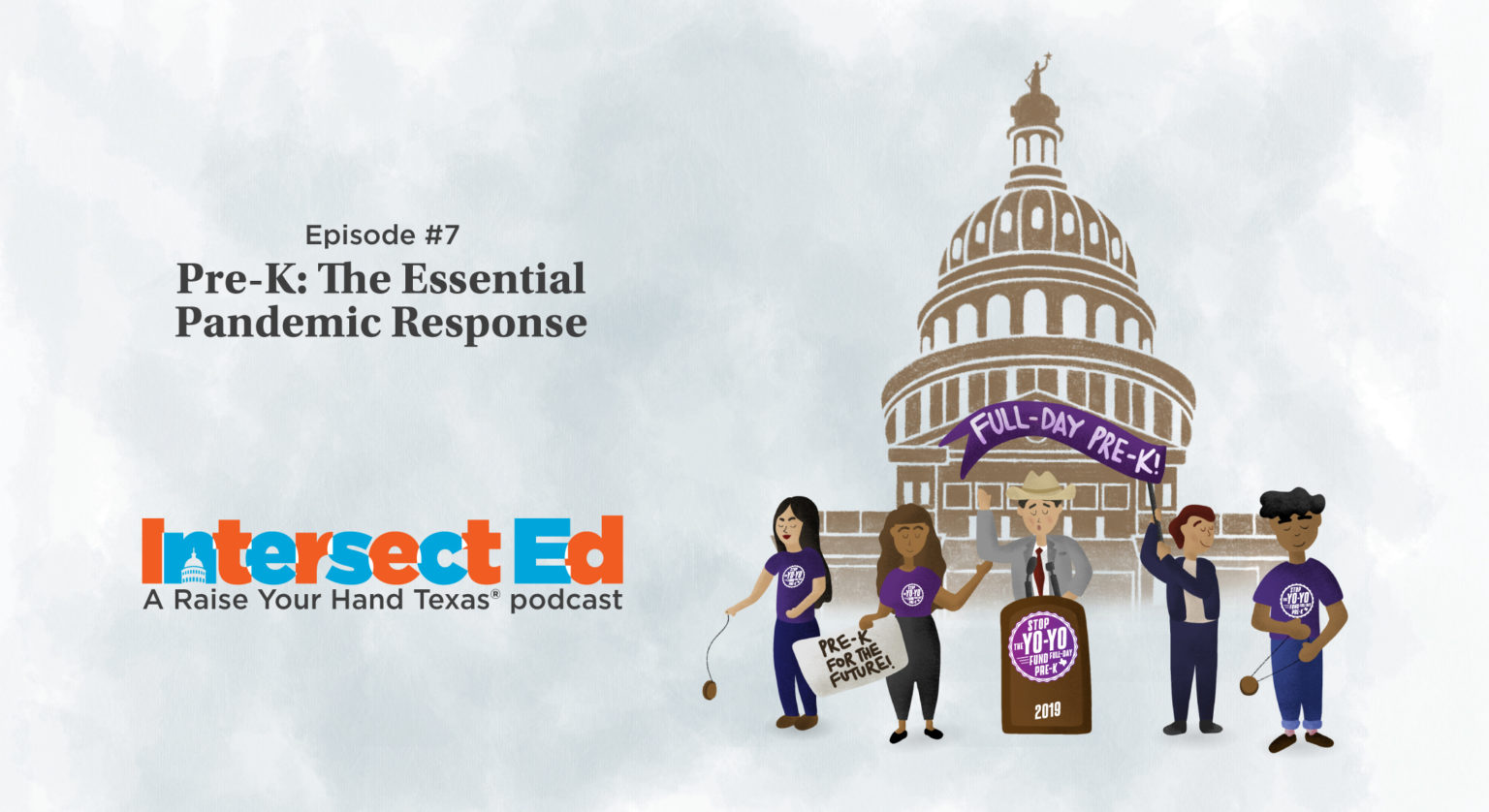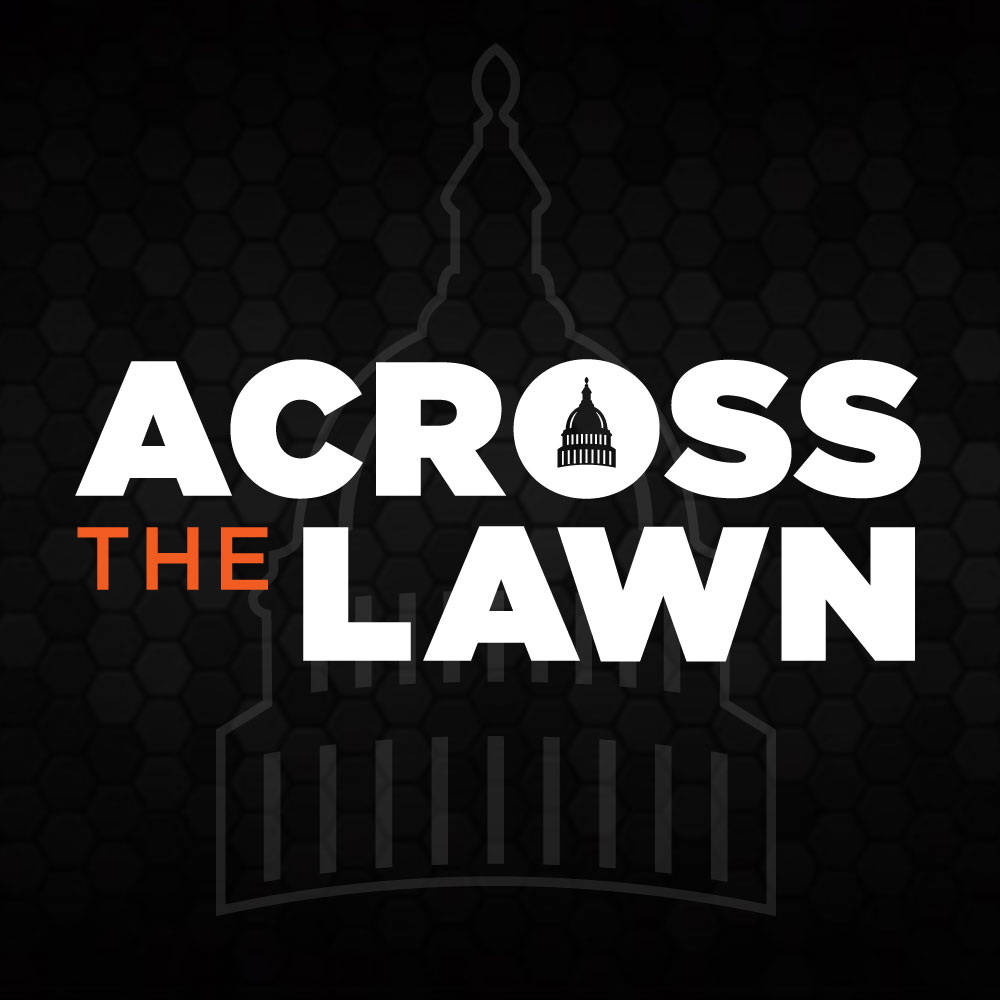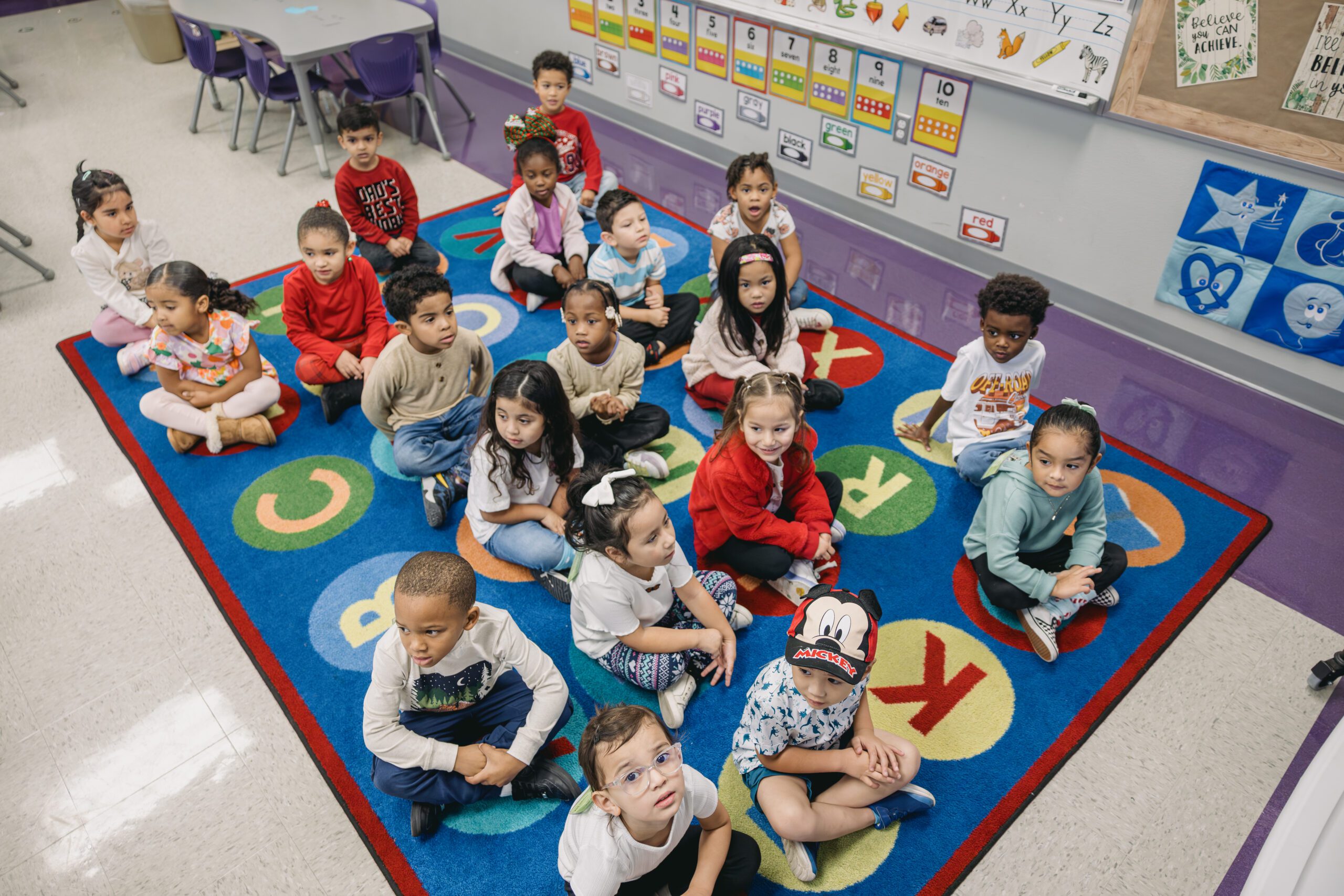
categories
Pre-K: The Essential Pandemic Response

January 14, 2021
There’s a New Reason to Preserve Early Childhood Investments
There was no shortage of media coverage when the Texas Legislature passed House Bill 3 in 2019, investing $5 billion to strengthen public education. Part of that investment was $800 million for early childhood education initiatives including full-day pre-kindergarten programs for eligible four-year-olds. It was important, exciting, and legislators were very proud of their accomplishments. We were proud that lawmakers finally stopped the yo-yo funding approaches to pre-K and recognized it as an important tool in building the future of Texas. But we didn’t know at that point in May of 2019 that the House Bill 3 investment in pre-K would be as “essential” as it is now.
We interviewed several pre-K experts for an upcoming Raise Your Hand Texas podcast episode. Dr. Robert Pianta, dean of the University of Virginia School of Education and Human Development, talked with us about how in this pandemic we’ve created the term ‘essential workers,’ and how he thinks it’s also important to think about essential resources. He believes pre-K is one of those essential resources.
At Raise Your Hand, we have followed the research for more than a decade and know that high-quality, full-day pre-K can level the playing field among diverse young students. It also provides the foundation for academic, social, and emotional learning success.
For more on pre-K and to hear the interviews with Dr. Pianta, Speaker Straus, and others, listen to our latest Intersect Ed podcast.

We spoke about this with former Speaker of the Texas House of Representatives and Co-Founder of Early Matters San Antonio, Joe Straus. He talked about how high-quality programs like Pre-K 4 SA in San Antonio have important short- and long-term effects for students, like higher attendance rates and better test scores.
And we know the value of pre-K goes well beyond test scores. High-quality early childhood education can give young learners confidence, an expanded vocabulary, and early critical thinking skills that, in the past, may have only been available to children from higher-income families who could attend private preschools.
Straus told us he thinks pre-K is “the most important equity tool there is.” He noted if we can catch kids as early as possible with high-quality pre-K, it is the most efficient investment we can make with education dollars.
So now our plea is for the 87th Texas Legislature to preserve House Bill 3’s pre-K investments based on pre-K’s ability to strengthen Texas public schools in the areas of foundational learning, equity, and now … as an essential pandemic response.
Learning loss is inevitable as a result of the pandemic. And more vulnerable children are going to lose much more — up to 50 to 100 percent more.
We are as concerned as anyone in the education field about how to address pandemic-related learning loss. There will be many ideas and interventions, but there is only one program that addresses the gaps before they begin.
Dr. Pianta confirmed in our conversation that one of the things we know about schooling is that once you get behind, it’s harder and harder to catch up. We also know it’s easiest to close gaps early on. So all the arguments we would normally make about supporting pre-K are even more critical under the conditions of the pandemic.
House Bill 3 funding, including the early childhood investment, must be preserved, even amid budget challenges during the 87th Legislative Session. We will reap the rewards of this investment, both in the short-term as we address the enormous impacts of the pandemic on students, and in the long-term as we cultivate critical thinkers, creative innovators, and diverse future leaders of our great state.
Dr. Michelle Smith is the vice president of policy and advocacy for Raise Your Hand Texas.


